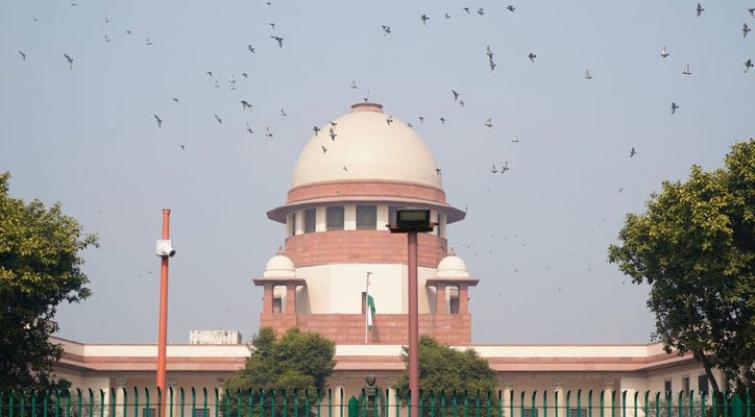By FnF Correspondent | PUBLISHED: 21, May 2025, 16:21 pm IST | UPDATED: 21, May 2025, 16:21 pm IST
 New Delhi: The Centre on Wednesday told the Supreme Court that while waqf is an Islamic concept, it is not an essential or mandatory part of the religion. Appearing on behalf of the government, Solicitor General Tushar Mehta made this submission during the ongoing hearing on petitions challenging the validity and functioning of waqf laws. “Waqf is an Islamic concept but not an essential part of Islam,” Mehta told the bench. “Charity is a feature of all religions. Even Christians may follow it. In Hinduism, there is a structured system of donations. The Sikh community too, follows similar practices,” he added.
New Delhi: The Centre on Wednesday told the Supreme Court that while waqf is an Islamic concept, it is not an essential or mandatory part of the religion. Appearing on behalf of the government, Solicitor General Tushar Mehta made this submission during the ongoing hearing on petitions challenging the validity and functioning of waqf laws. “Waqf is an Islamic concept but not an essential part of Islam,” Mehta told the bench. “Charity is a feature of all religions. Even Christians may follow it. In Hinduism, there is a structured system of donations. The Sikh community too, follows similar practices,” he added.
Refuting claims that Waqf institutions go back over a century, Mehta said, “Where will we find documents for property from 100 years ago? It’s being wrongly projected that such documentation was never necessary. If you claim waqf status from before 100 years, at least provide records from the past five.”
He added that documentation had always been important and linked to the sanctity of the process under the law. “The 1923 Act states that if documents exist, they must be submitted. Otherwise, whatever information is known about the origin must be presented,” Mehta noted.
Defending the presence of non-Muslim members on waqf boards, Mehta said their inclusion does not impact religious activities. “What difference does it make if there are two non-Muslim members? They do not interfere in religious matters,” he said.
He further clarified that the waqf board’s role was administrative. “The Waqf Board performs secular functions—like managing properties and maintaining accounts, which are also subject to audit,” he explained.
Drawing a parallel with Hindu institutions, Mehta said, “Even Hindu endowment commissioners can enter temple premises. In contrast, waqf boards do not touch religious activities at all.” He added that fears about forced documentation or large-scale takeovers of waqf properties were entirely baseless and fabricated.
Chief Justice D Y Chandrachud observed that earlier laws had provided a three-month window for registration, which has now been extended to six months. Mehta agreed and said, “Yes, and even now, if someone hasn’t registered, the opportunity is still available. This myth is being spread that waqf properties are being snatched. All that’s being asked is proper registration.” He cautioned against removing the registration requirement for waqf by user, saying that doing so would legitimise something that might have been “wrong from the very beginning.

by : Priti Prakash
Trump's policies are affecting Indo US relations and impacting India. Not a day passes when a n...